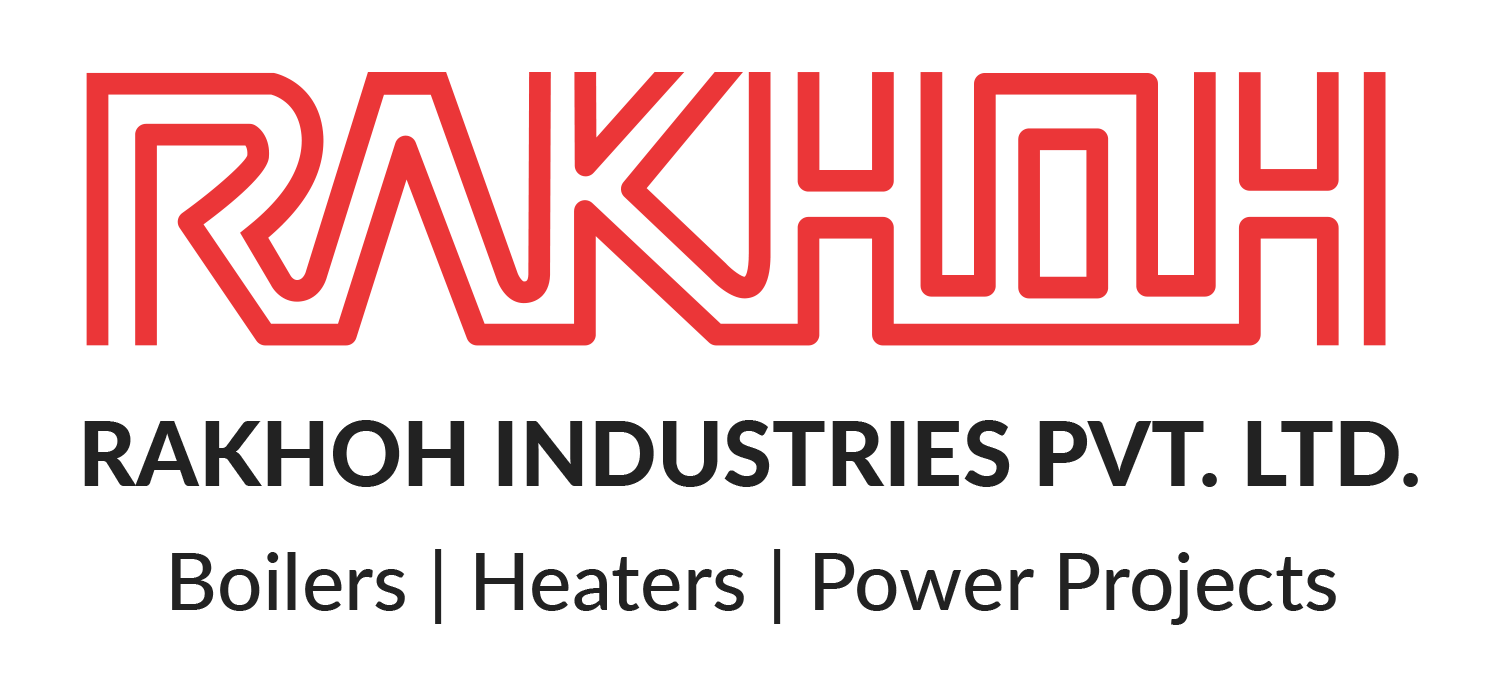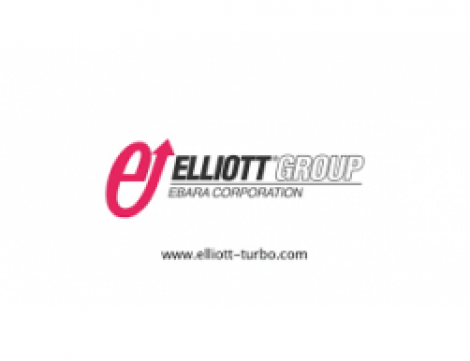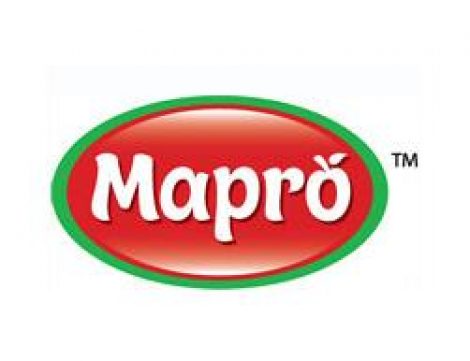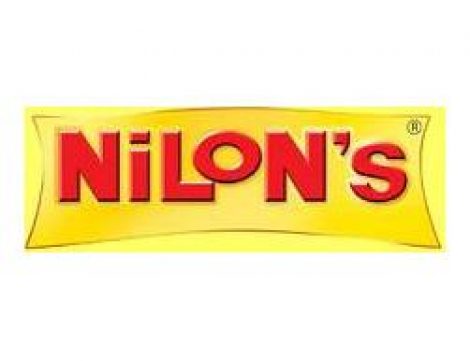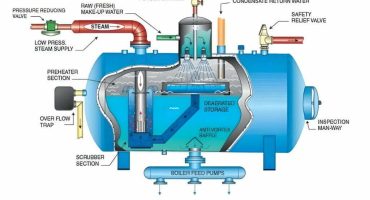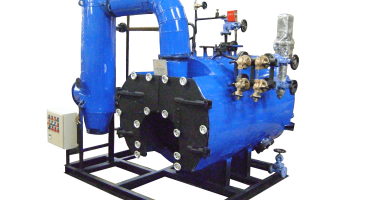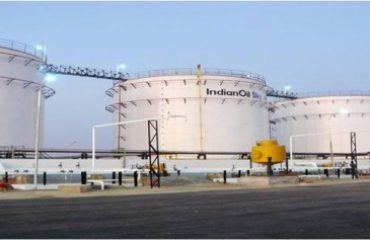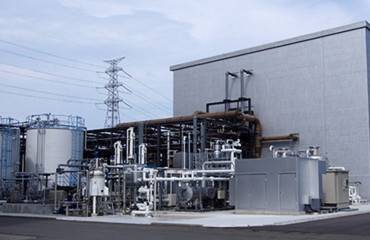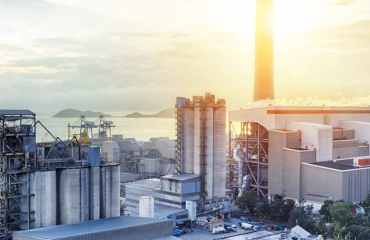Steam boilers undoubtedly play a vital role in the processing units. Process industries face their shares of difficulties and hurdles while functioning. One of them is Boiler Corrosion. It takes place when the oxygen in the air or water reacts with the metal to form ‘oxides’. In simple words, corrosion is the reverting of metals into their ore form. Corrosion in the boilers occurs when the dissolved oxygen in the boiler water reacts with the metal of the boiler. Boiler Manufacturer, therefore, rightly terms corrosion as ‘Slow Poison for Steam Boilers’
Corrosion is mainly caused by complex oxide slag along with a low melting point. Low boiler water alkalinity or exposure of the metal to water containing dissolved oxygen during operating or even non-operating period causes corrosion in the steam boiler. The corrosive mechanism may expedite due to high temperature and stresses in the metal of the boiler. Oxidation occurs due to the reaction of the ferrous component of the metal with the atmospheric oxygen. This oxidation leads to the formation of ferrous oxides that form cavities and holes in the metal of the steam boiler. The formation of cavities and holes is known as ‘Pitting’ that ultimately leads to the corrosion of the metal.
Steam boilers when constantly exposed to dissolved oxygen leads to consistent removal of the ferrous hydroxide, thereby dissolving the metal completely. It will result in the formation of holes in boiler tubes, economizers, and feed water piping that may lead to leakages in the boiler and eventual breakdown. Dissolved oxygen in untreated feed water is highly corrosive to the boiler.
Although corrosion is destructive, the damage to the boiler varies. Here are the different types of corrosion and the Damages caused by them in the steam boiler.
Acidic Corrosion:
Acidic corrosion is caused due to the low pH of the makeup feed water and leads to assault on the metal surface of the boiler. Contamination in the boiler system causes feed water to become acidic. Acidic Corrosion is also caused due to chemical cleaning operations through excess exposure of metal to the cleaning agents and overheating of such solutions.
Acidic Corrosion leads to the formation of thinning or can be localized in areas of high stress.
Caustic Corrosion:
Caustic Corrosion takes place when the caustic is concentrated, leading to the dissolving of the protective magnetite layer (Fe3O4) that brings about loss of base metal and eventual failure of the boiler.
Caustic Corrosion is mainly caused due to the high pH level of boiler water and steam blanketing (poor circulation)
Crevice Corrosion:
Crevice Corrosion is the localized attack on a metal surface or the adjacent areas of the gap or crevice that adjoins two surfaces. It can be found between two metallic or between a metallic and non-metallic surface.
Crevice Corrosion damage is, in most cases, restricted to the metal within or adjacent to the joining surface.
Galvanic Corrosion:
Galvanic or Bimetallic Corrosion occurs through an electrochemical process, where two dissimilar metals are submerged in a conductive solution and electrically attached.
As a result, the copper is localized in specific tube banks that cause random pitting.
Pitting Corrosion:
Pitting Corrosion is one of the most damaging corrosion types in a boiler as it is quite difficult to detect or predict. Pitting corrosion is a localized form of corrosion that produces cavities or holes in the surface. In many cases, pits are covered by corrosion products.
That may result in the entire failure of the boiler system due to a narrow pit with a slight overall metal loss.
-
Numerous reasons cause Corrosion in a steam boiler. Some of the causes are as follows:
- Exposure of the boiler metal to the boiler water containing dissolved gases
- The unbalanced pH level of the boiler water
- Presence of Oxygen or Carbon Dioxide in the boiler water
- Lack of Feedwater Treatment
- Negligent and Improper Maintaining of the Steam Boiler
-
Corrosion is one of the serious problems faced in Industrial Steam Boilers and results in a great deal of loss if left unchecked. However, they can be prevented by following some solutions such as:
- Preventing Deposits by Scaling Inhibitors
- Preventing Pitting by Oxygen Inhibitors
- Controlling pH by Alkalinity
- Training your operating staff on Feed Water Treatment and preventive maintenance
- Contact your Boiler Manufacturer for regular servicing
Rakhoh manufactures highly efficient and reliable boilers for various industries. With an experienced and dedicated staff, we are one of the leading boiler manufacturers in India with our high-quality boilers and remarkably excellent services.
To know more about us, visit http://www.rakhoh.com
